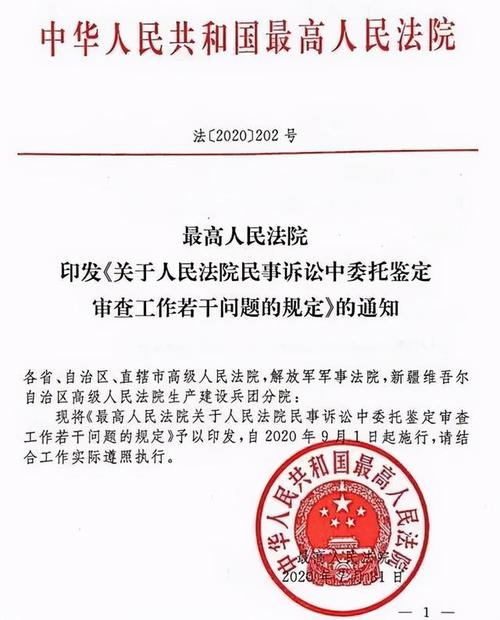Understanding the Concept of "Reasonable Expectation" in Law
In legal contexts, the notion of "reasonable expectation" serves as a pivotal standard in various areas of law, guiding judgments on matters ranging from contracts and torts to privacy rights and criminal law. Let's delve into this concept and its significance across different legal domains.
Contracts Law:
In contract law, parties are expected to fulfill obligations based on the reasonable expectations they create through their agreements. This principle, known as the doctrine of "reasonable expectations," implies that contractual terms should be interpreted in a manner consistent with what a reasonable person in the position of the parties would have anticipated at the time of contracting.
Example:
Suppose Company A enters into a contract with Company B to purchase a batch of goods. If Company A reasonably expects the goods to meet certain quality standards based on the representations made by Company B during negotiations, and the goods fail to meet those standards, Company A may have legal recourse for breach of contract.Tort Law:

In tort law, the concept of reasonable expectation often arises in cases involving negligence or duty of care. Individuals and entities owe others a duty to act reasonably under the circumstances to avoid foreseeable harm. The standard of care is determined by what a reasonable person would do in similar circumstances.
Example:
A property owner has a duty to maintain safe premises for visitors. If a visitor slips and falls on a wet floor in the property owner's store, the property owner may be held liable for negligence if it's determined that a reasonable person would have anticipated the risk of injury and taken steps to mitigate it, such as placing warning signs or promptly cleaning up spills.Privacy Rights:
In the realm of privacy law, individuals have a reasonable expectation of privacy in certain spaces and contexts. This expectation shapes the scope of protection afforded by laws governing surveillance, searches, and information disclosure.
Example:
In a workplace setting, employees typically have a reasonable expectation of privacy in their personal belongings, such as bags or lockers. Employers may be restricted from conducting invasive searches of these areas without a legitimate reason or obtaining consent, as doing so could violate employees' privacy rights.Criminal Law:
The concept of reasonable expectation also plays a crucial role in criminal law, particularly concerning Fourth Amendment protections against unreasonable searches and seizures. Law enforcement actions, such as searches conducted without a warrant, are subject to scrutiny based on whether individuals have a reasonable expectation of privacy in the area or property being searched.
Example:
If law enforcement officers conduct a warrantless search of a suspect's home and discover incriminating evidence, the legality of the search may be challenged in court. The court will consider factors such as whether the suspect had a reasonable expectation of privacy in the area searched and whether any exceptions to the warrant requirement apply.Conclusion:
In essence, the concept of reasonable expectation serves as a guiding principle across various legal domains, shaping the rights and obligations of parties involved in legal disputes. Whether in contracts, torts, privacy rights, or criminal law, the determination of what is "reasonable" often hinges on the prevailing norms, expectations, and circumstances relevant to the specific situation at hand. Understanding and applying this concept is essential for ensuring fairness, justice, and the protection of individual rights within the legal system.











